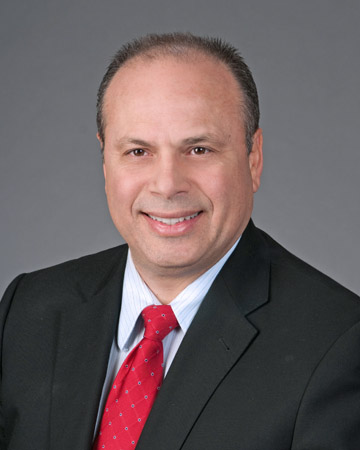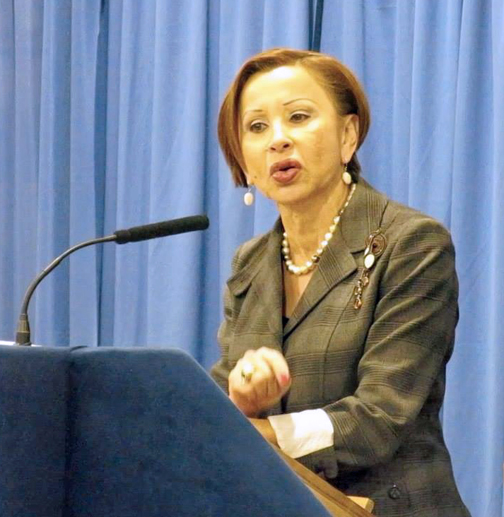Op-Ed: Nice try, but a federal fix is probably necessary


Author David R. Martin is a corporate attorney and author of “Puerto Rico: The Economic Rescue Manual (2013).”
Shakespeare was right about one who protests too much: When denials are emphatic, it’s probably wise to believe the opposite.
The relentless denials of an imminent default on Puerto Rico bonds by Gov. Alejandro García-Padilla almost sounded like an epic battle cry that promises certain victory. This week, however, the shiny curtain of illusion dropped and exposed this fable.
Heralding the truth was García-Padilla’s proposed bill to restructure the debts of certain commonwealth-owned corporations. These include the electricity, water and highway authorities that collectively owe more than $20 billion of the total $70 billion in debt that smothers the island. To benefit from the proposed law, these entities must seek relief by the end of 2016.
The “Puerto Rico Public Corporation Debt Enforcement and Recovery Act,” provides two primary mechanisms to alter the terms of bonds and other obligations of the public corporations. The first option involves debt restructuring by a supra-majority consensus of creditors. The second entails a court-confirmed restructuring plan.
The bill directly draws much of its terms, language and concepts from the U.S. Bankruptcy Code. And the bill even expressly invites references to federal bankruptcy law and jurisprudence to interpret its provisions.
Although believed to be the handiwork of a prestigious New York law firm that advised sovereign restructurings in Greece and Argentina, the bill will likely face an existential struggle in federal courts before it’s ever applied.
Looming in the foreground are serious constitutional questions involving the commonwealth’s ability to rewrite contracts. Another powerful force to invalidate the law will be the self-interest of major U.S. law firms — who no doubt will want a piece of the legal business and also want to avoid having to litigate claims in Spanish. The bill creates a special court division in San Juan where pleadings must be filed in Spanish.
Although Puerto Rico has a U.S. bankruptcy court where proceedings are conducted in English, it is widely agreed that, due to technical code definitions, government subdivisions of Puerto Rico and other U.S. territories are ineligible for relief in this forum.
It is unknown whether the García-Padilla administration ever attempted to ask Congress to amend the federal bankruptcy code to make U.S. territories eligible. Yet in light of the administration’s pro-commonwealth and anti-statehood ideology, I suspect this was swiftly ruled out as an option to address Puerto Rico’s debt crisis.
Although I, too, am not a Puerto Rico statehooder, I believe this federal legislative gap is unfortunate. Having federal bankruptcy relief available in these circumstances would have avoided many thorny constitutional questions involving the court’s jurisdiction, the impairment of contracts, and countless procedural questions that inevitably will mar these future proceedings under Puerto Rico’s new creative bill.
(Less than 24 hours after this article was submitted for publication, the Recovery Act bill was signed into law and a group of municipal bond funds run filed a federal lawsuit in the U.S. District Court of Puerto RIco to declare the law unconstitutional. Civil Case No. 3:14-cv-01518)











Great summary of a very hectic and historic week. One question I had not heard before: why didn’t the García-Padilla Administration ask Congress to amend the Federal Bankruptcy Law to open the doors of bankruptcy court to political subdivisions in Puerto Rico?
Great op-ed and thanks for clarifying so many things for me, especially the Federal bankruptcy code angle. One quibble, though: the quote about “dost protest too much” is often taken out of context these days and does not mean “the person denies so loudly they are hiding something.” In Shakespeare’s time, the word “protest” meant to affirm or promise. Thus in modern English, the quote would be better “that (actress) promises too much for her limited talent.” Wait, maybe the quote does work after all.